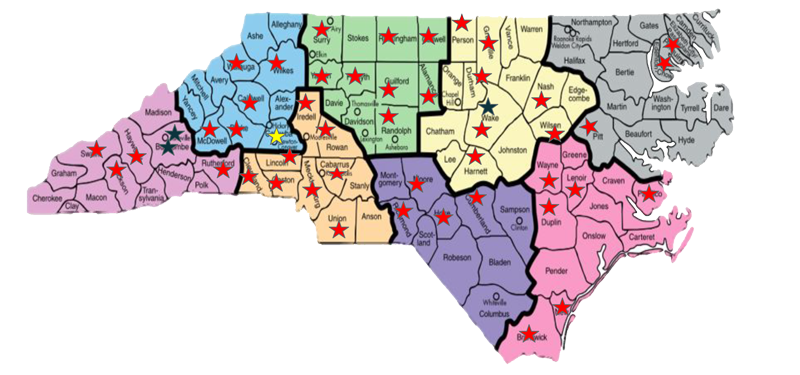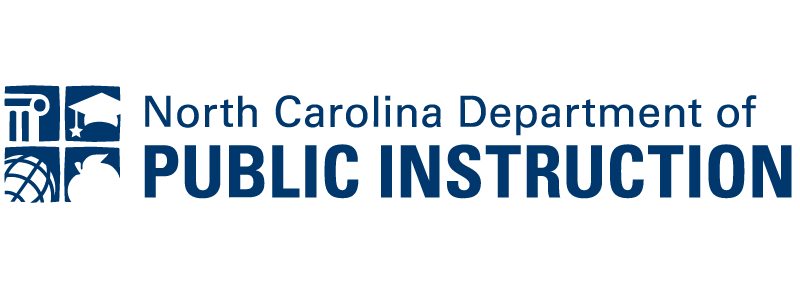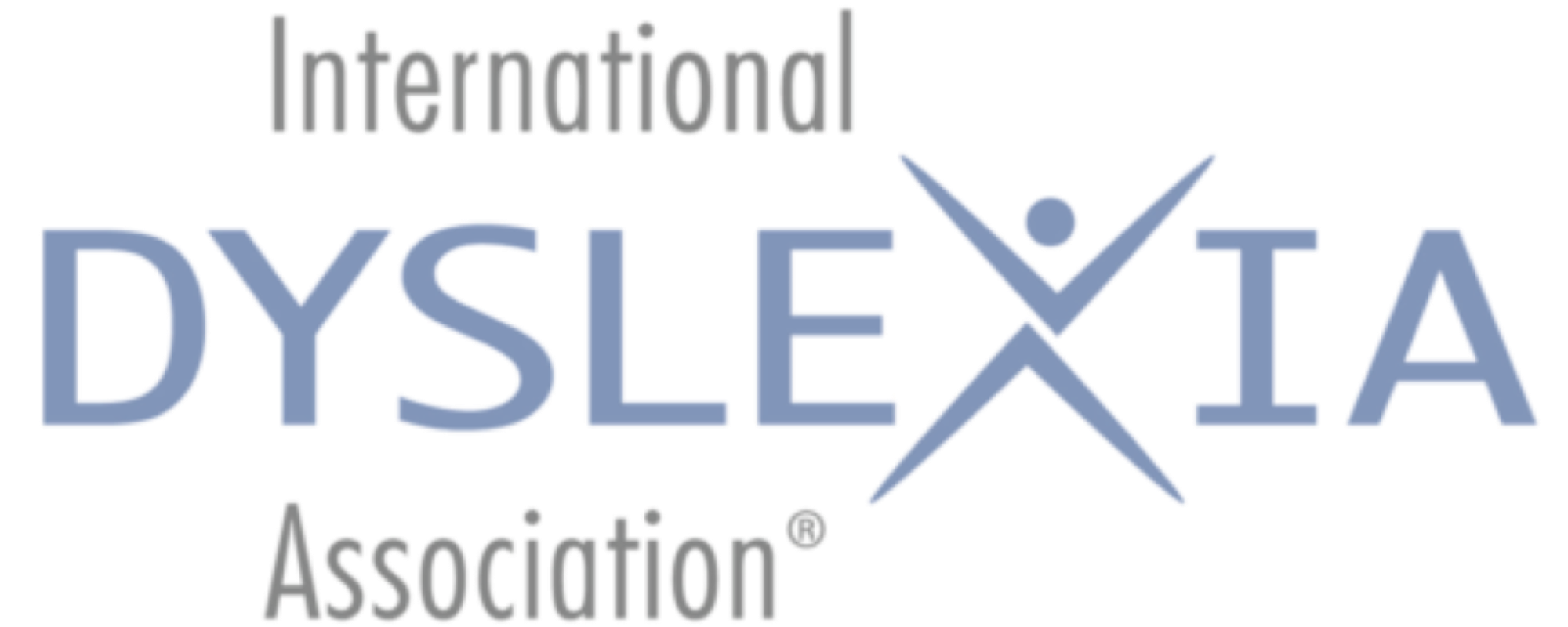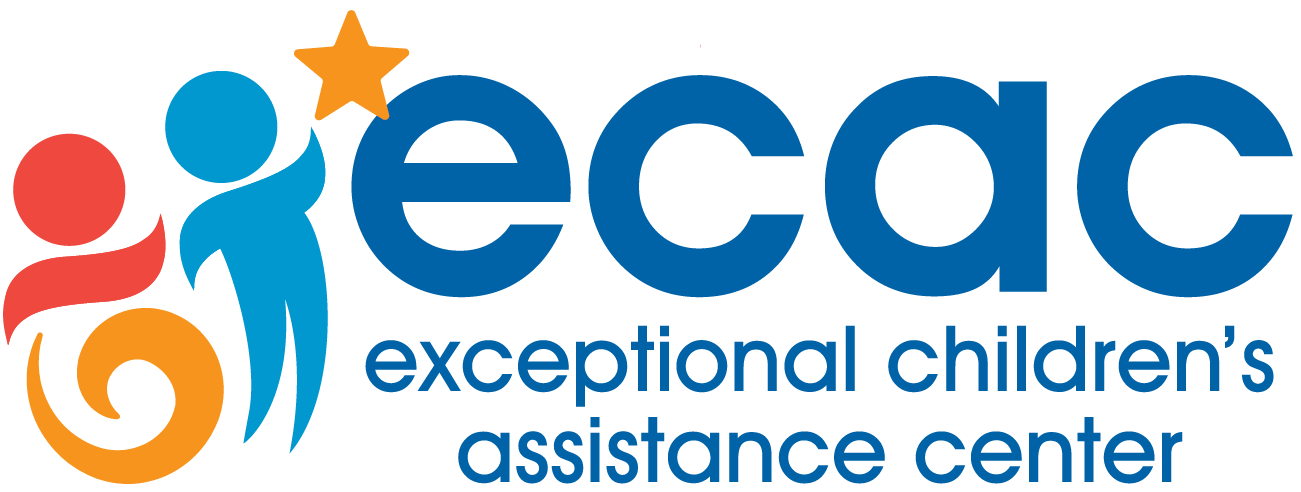Special Education and Accommodations
Public schools can provide specially designed instruction to students who have disabilities such as dyslexia.

Eligibility and what services are available
Parents play an important role.
There are several steps in the process to determine whether a student is eligible for special education services and what those services should look like. Parents play an important role in making those decisions.
You can prepare yourself by learning more about how special education works, and the rights that you and your child have.

Questions Often Asked by Parents about Special Education Services
Answers to questions that many parents have about special education. This is a good introduction to special education.

A Parent's Guide to Special Education in North Carolina
This four-part guide will give you the information and tools you need to be an informed and effective advocate for your child throughout the special education process.

Dyslexia Delegate Map
This map shows which Public School Units have trained Dyslexia Delegates who provide professional development on dyslexia.

Parent Rights and Responsibilities in Special Education
This document provides an overview of 13 parental special education rights, also known as procedural safeguards.
ECAC special education videos
These helpful videos cover a wide range of special education topics.
- What is dyslexia?
- Dyslexia in NC schools
- Accommodations and modifications
- Navigating special education
- IEP team process
- Reading with your child

Accommodating students with disabilities

Accommodations, modifications, and alternate assessments:
How they affect instruction and assessment
Your child may be eligible for modifications to help him succeed in the classroom and on standardized tests.
This resource by GreatSchools.org defines these terms, what they mean in a classroom, and what you need to know when it comes to the standardized tests used to make important decisions about your child.
Classroom accommodations for dyslexia
For kids with dyslexia, reading can be challenging. Spelling and writing can be challenging too.
What classroom accommodations help level the playing field for students with dyslexia? This resource provides a look at some of the supports teachers can use to help students who struggle with reading, spelling, and writing.


Adaptations and modifications
This document describes adaptations and modifications that can help students with disabilities be successful in the general education curriculum, including the following:
- Volume of work
- Time
- Support
- Difficulty
- Participation
- Physical adaptations

Simple strategies
Things parents and teachers can do to help children with disabilities in the regular classroom.
- Following directions
- Paying attention
- Staying focused
- Working in groups
- Remembering
- Reading and comprehension
Testing accommodations
This publication from the U.S. Department of Justice Civil Rights Division provides technical assistance on testing accommodations for individuals with disabilities who take standardized exams and other high-stakes tests.
This publication from the North Carolina Department of Public Instruction contains thorough information on statewide requirements, procedures for determining participation, and testing and monitoring accommodations.

You can prepare yourself by learning more about how special education works, and the rights that you and your child have.

NC Policies Governing Services for Children With Disabilities
The policies written by the NC Department of Public Instruction provide information on rules and regulations and outline how NC public schools will implement NC Special Education Law which is based on IDEA.

Structured Literacy
Educator Training: Teacher knowledge and skills matter, but so do appropriate approaches to instruction and intervention.

Dyslexia Topic Brief
The intent of this document is to provide stakeholders accurate information regarding the evaluation, identification and education of students with dyslexia within North Carolina public schools.

U.S. Department of Education Policy Guidance
Policy guidance to clarify that there is nothing in the IDEA that would prohibit the use of the terms dyslexia, dyscalculia, and dysgraphia in IDEA evaluation, eligibility determinations, or IEP documents. (PDF)

